Nuclear and Particle Physics
The High Energy Theory Group at Penn studies the fundamental forces of Nature, early universe cosmology and mathematical physics.
Its activities span the range of these fields: from model building, formal field theory, string theory, holography and quantum gravity, to new paradigms for cosmology, the interface of string theory with mathematics, and new insights in quantum information. The Penn theory group is one of the few institutions in the world where extensive development of the formal aspects of high energy theory areunited with a focus on real phenomena found in Nature.
The Nuclear and High Energy Physics Experimental Group works on a wide variety of experiments aimed at understanding the fundamental structure of subatomic phenomena.
This includes historical strength in the physics of neutrinos including the discovery of neutrino mass with the Sudbury Neutrino Observatory (SNO), the discovery of the top quark at Fermilab with CDF and the Higgs boson at the LHC with ATLAS, as well as general searches for physics beyond the Standard Model of particle physics. The Penn group leverages their world-class electronics instrumentation group to design and build new ASICs, new systems, and relevant firmware and software, in support of the group’s experimental goals. In addition, a wide variety of basic R&D activities are done in conjunction with the instrumentation group. Major experiments that the HEX group is involved with include:
- ATLAS collider experiment at LHC, including upcoming upgrades
- SNO+ Neutrinoless Double Beta Decay search and other solar, reactor, and geo-neutrino physics
- DUNE long-baseline oscillations including CP violation in the neutrino sector
- T2K long-baseline oscillations using the Super-Kamiokande detector in Japan
- SBND short-baseline near detector at Fermilab looking to test sterile neutrino hypotheses
- CAPTAIN program of neutrino interaction measurements
- Theia future large-scale multi-purpose experiment aimed at long-baseline oscillations, solar neutrinos, and neutrino less double beta decay.
Events
High Energy Theory Seminar: "TBA"
G.M. Tomaselli (University of Amsterdam)
High Energy Theory Seminar: "TBA"
Jan Kożuszek (Imperial College London)
High Energy Theory Seminar: "TBA"
Thomas Steingasser (MIT)
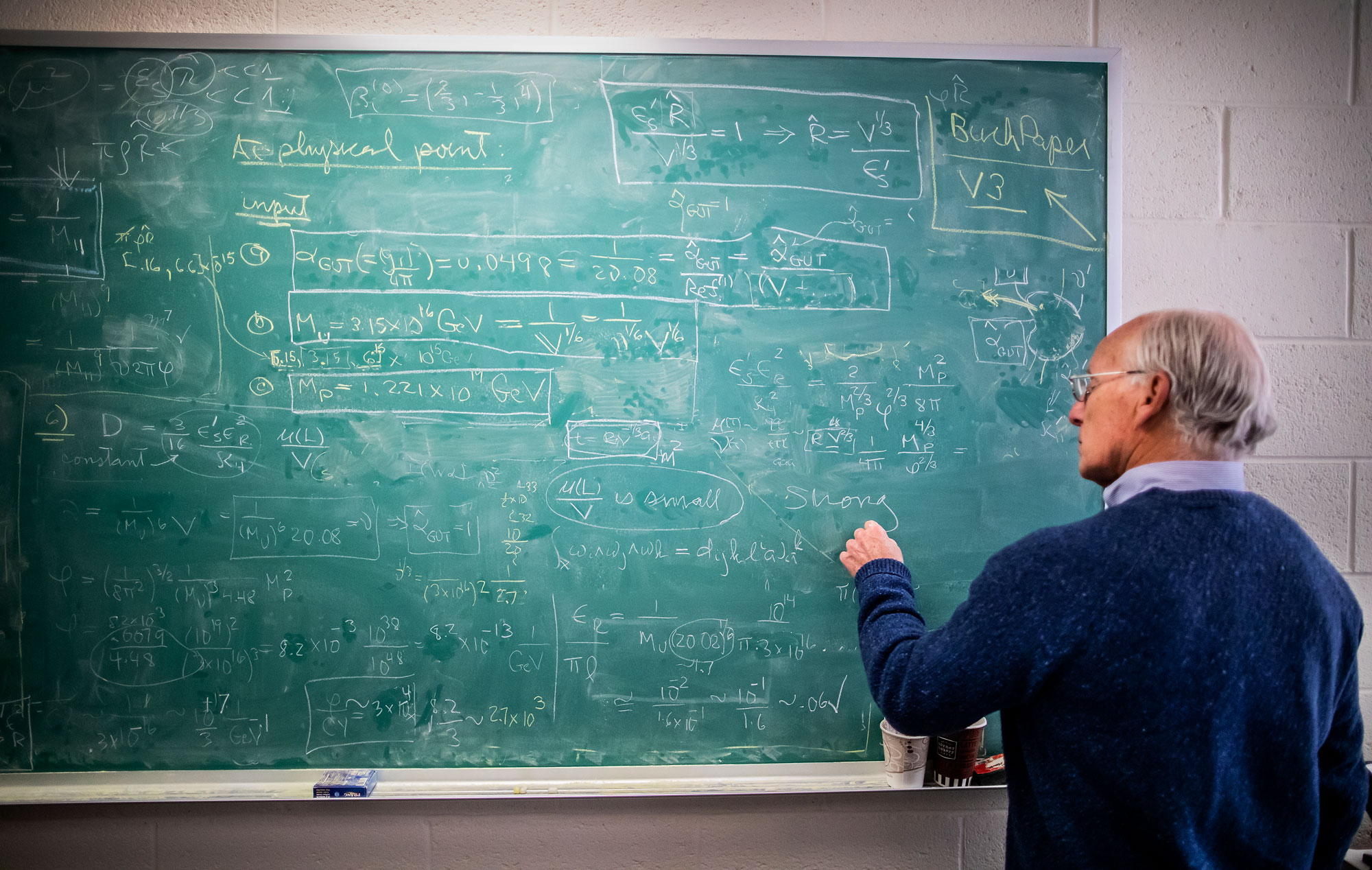
Related Faculty
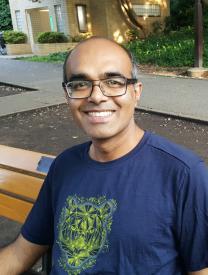
- Condensed Matter
- Living Matter
- Soft Matter
- Nuclear and Particle Physics

- Nuclear and Particle Physics
- Nuclear and Particle Physics
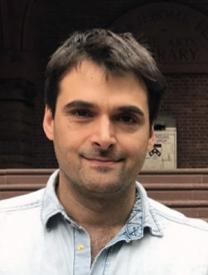
- Astrophysics and Cosmology
- Nuclear and Particle Physics
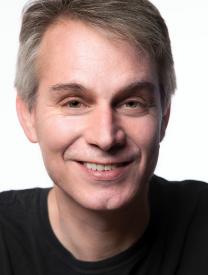
- Nuclear and Particle Physics
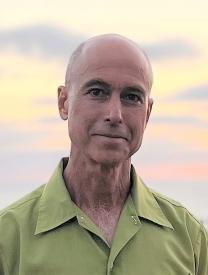
- Nuclear and Particle Physics
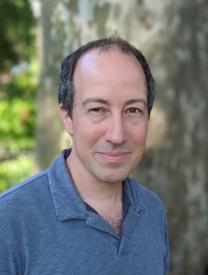
- Nuclear and Particle Physics
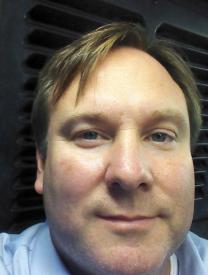
- Nuclear and Particle Physics
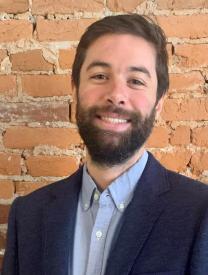
- Nuclear and Particle Physics
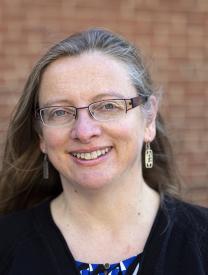
- Nuclear and Particle Physics
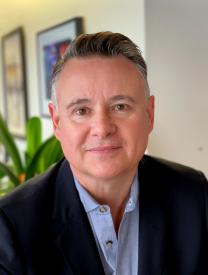
Fay R. and Eugene L. Langberg Professor of Physics
Associate Dean for the Natural Sciences, School of Arts and Sciences, Co-Director of the Penn Center for Particle Cosmology
trodden@physics.upenn.edu215-898-7938
- Astrophysics and Cosmology
- Nuclear and Particle Physics
News
Elon Musk Public Lecture: "Cosmic Inflation: My journey to the edge of science"
Professor Andreas Albrecht (University of California, Davis): In 1982, while a grad student at Penn, my advisor and I wrote a paper that has since become very famous.
Read MoreThe Higgs boson discovery, 10 years later
Penn physicist Elliot Lipeles reflects on the past, present, and future of physics, from the discovery of the Higgs boson to theories about new subatomic particles.
Read MoreProf. Vijay Balasubramanian featured in episode of Netflix series Explained
Vijay Balasubramanian, Cathy and Marc Lasry Professor, was featured in a recent episode of the Netflix seri
Read MoreBo Zhen's research in "Fixing leaky optical pipes with topological glue"
Combining theoretical insights with experimental results, physicists demonstrate a new design for optoelectronic devices that could help make optical fiber communications more energy efficient.
Read MoreVijay Balasubramanian examines the optimal immune repertoire for bacteria
Researchers develop a physical model that describes the optimal amount of ‘memory’ of prior infections that bacteria should have in order to efficiently mount a successful immune response.
Read More

